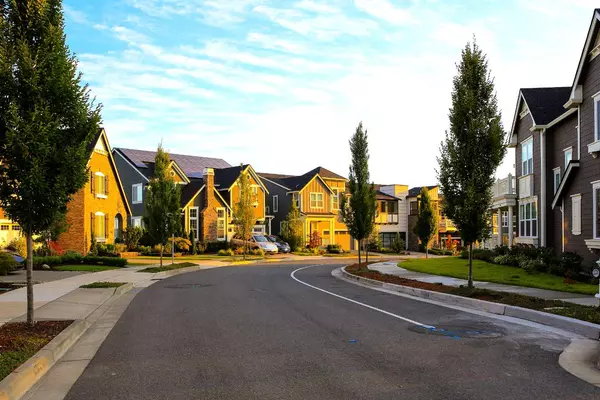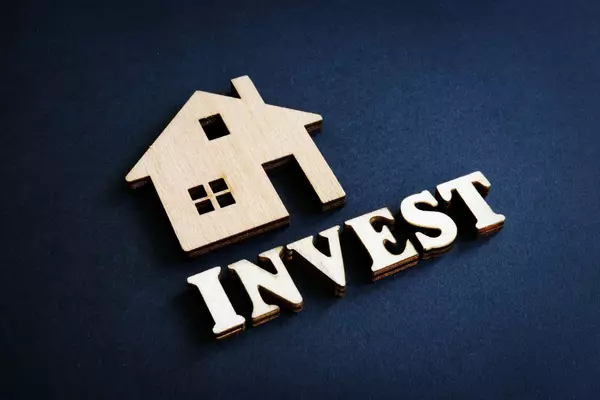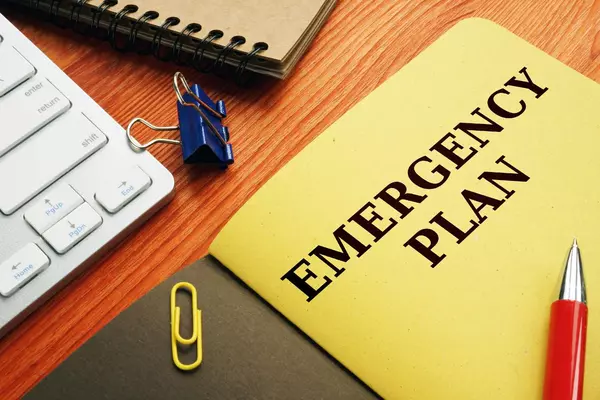
New Year, New Home
As we welcome a new year, many of us feel inspired to set bold goals and embrace change. For some, this might mean finally taking the leap to buy that dream home. Whether you’re upgrading, downsizing, or looking for a fresh start, the new year is the perfect time to make your homeownership dreams a

Moving Before Christmas?
Moving into a new home can be stressful, and doing so just before the holiday season adds another layer of complexity. However, with a bit of planning and creativity, you can settle in quickly and still enjoy the magic of Christmas in your new space. Here are some practical tips to help you unpack,

Holiday Staging Magic: Deck Your Home to Sell!
The holiday season is a magical time, but it can also be a prime season for selling your home. Buyers searching during this time of year are often motivated, and your home’s festive atmosphere can create a warm and inviting first impression. However, striking the right balance between holiday ch
Categories
- All Blogs (83)
- Credit & Mortgage Prep (6)
- First Time Home Buyer (14)
- Home Appraisal & Valuation (26)
- Home Buying (56)
- Home Selling (42)
- Luxury Homes (53)
- Market & Design Trends (1)
- Mortgage & Financing (4)
- Mortgage Rates & Trends (6)
- Renting & Leasing (3)
- Special Property Types (3)
- Staging & Home Prep (7)
Recent Posts










